Dogs communicate in many subtle ways that may seem puzzling to humans. From licking your hand to acting strangely out of the blue, understanding these behaviors can help deepen the bond between you and your furry friend. In this article, we’ll explore the meanings behind common dog behaviors to help you better understand what your pup is trying to tell you.
What Does It Mean When A Dog Licks Your Hand?
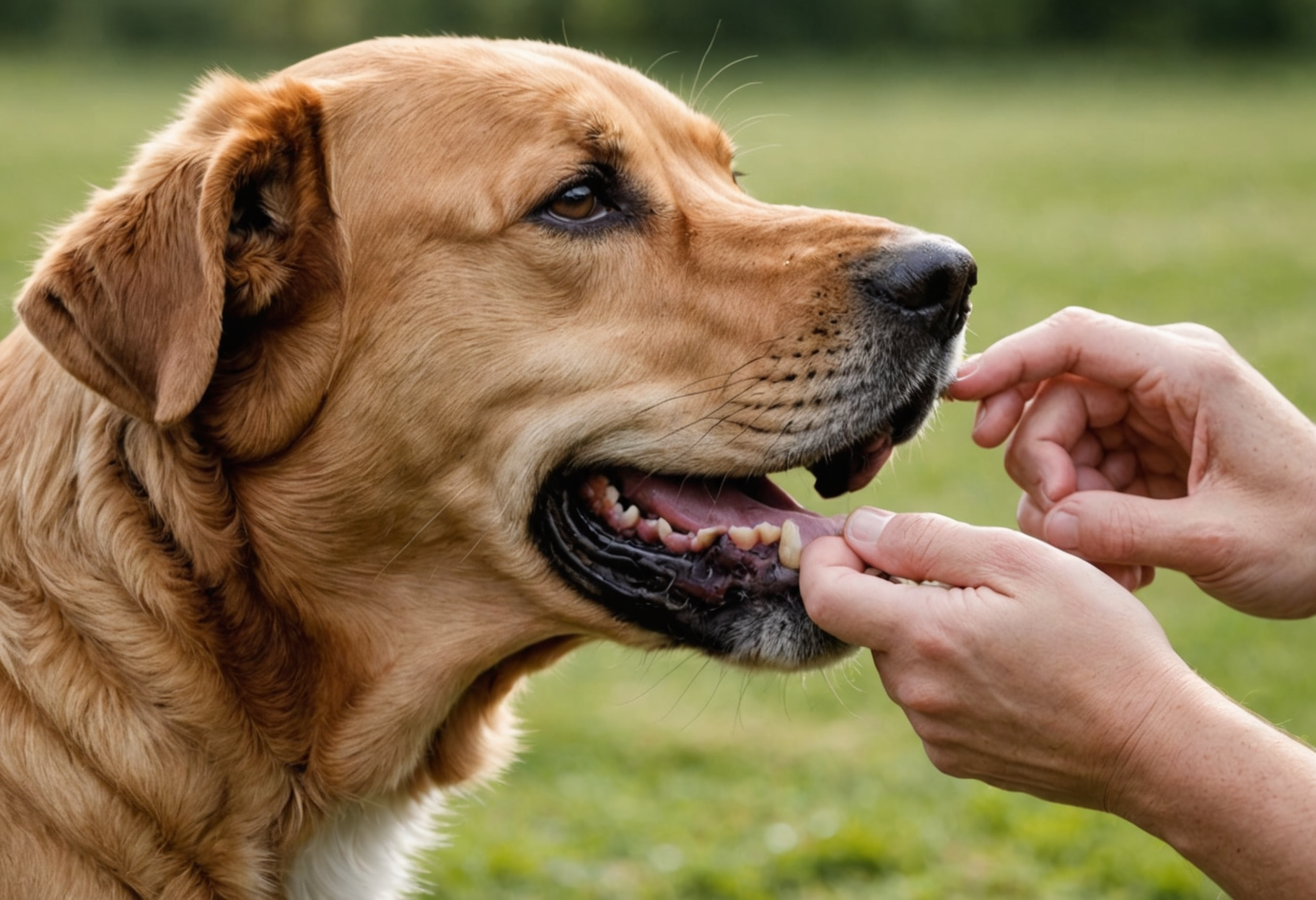
Many pet owners notice their dog frequently licking their hand, but few know why. So, what does it mean when a dog licks your hand? Often, this behavior is a sign of affection and submission. Dogs also lick to get salt from your skin, seek attention, or show respect. In puppyhood, dogs lick their mothers as a submissive gesture or to signal hunger. Your dog could simply be expressing love and trust through this behavior.
Why Do Dogs Yawn?

Curious about what it means when a dog yawns? Unlike humans, yawning in dogs isn't always about tiredness. While fatigue can prompt yawns, dogs also yawn when feeling anxious, excited, or uncomfortable. Yawning can be a calming signal both to themselves and others to ease tension. If your dog is yawning excessively in new or stressful environments, they may be signaling unease or trying to self-soothe.
What Does It Mean When A Dog Shivers?

What does it mean when a dog shivers? Shivering can be caused by various physical or emotional factors. While cold temperatures are a common cause, dogs may also shiver due to excitement, fear, anxiety, or even pain. Small breeds like Chihuahuas often shiver more due to their fast metabolism and sensitivity to weather. Persistent or violent shivering may indicate an underlying medical condition and should prompt a visit to the vet.
Unpack The Mystery: What Does It Mean When A Dog Is Acting Weird?

Pet owners often ask, what does it mean when a dog is acting weird? Unusual behaviors might signal illness, discomfort, stress, or even boredom. Changes in appetite, sleeping habits, or energy levels shouldn’t be dismissed. Dogs might act weird if they’ve ingested something toxic or are experiencing pain. Consistent or alarming deviations from normal behavior warrant a check-up with your veterinarian.
How Dogs Use Body Language To Communicate
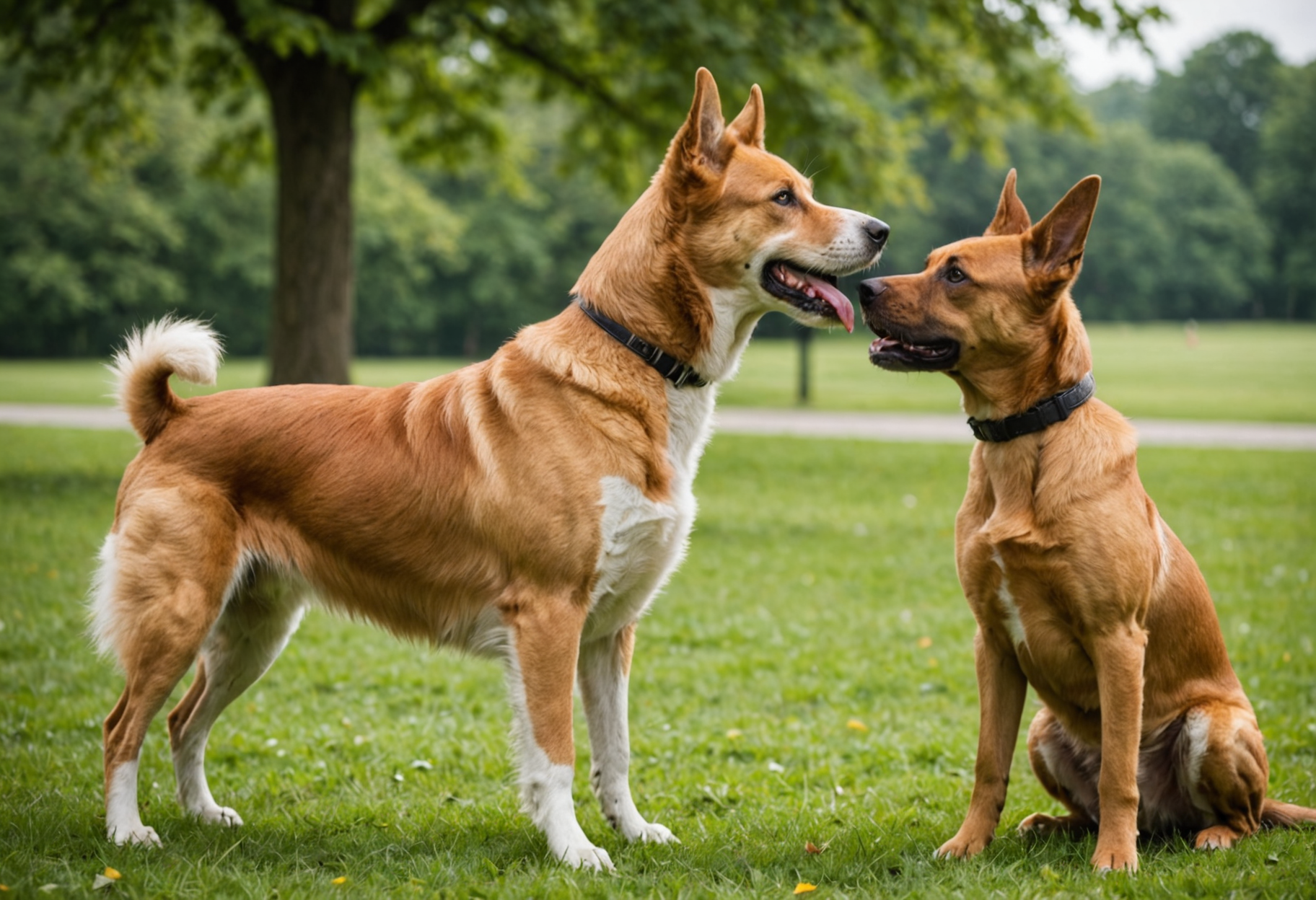
Dogs largely communicate with body language. Tail wags, ear positions, and overall posture tell you how your pup feels. A relaxed body with a gently wagging tail generally signals happiness, while tucked tails and flattened ears suggest fear or submission. Paying attention to these cues can help prevent misunderstandings and strengthen your relationship with your pet.
The Role Of Vocalizations In Dog Behavior
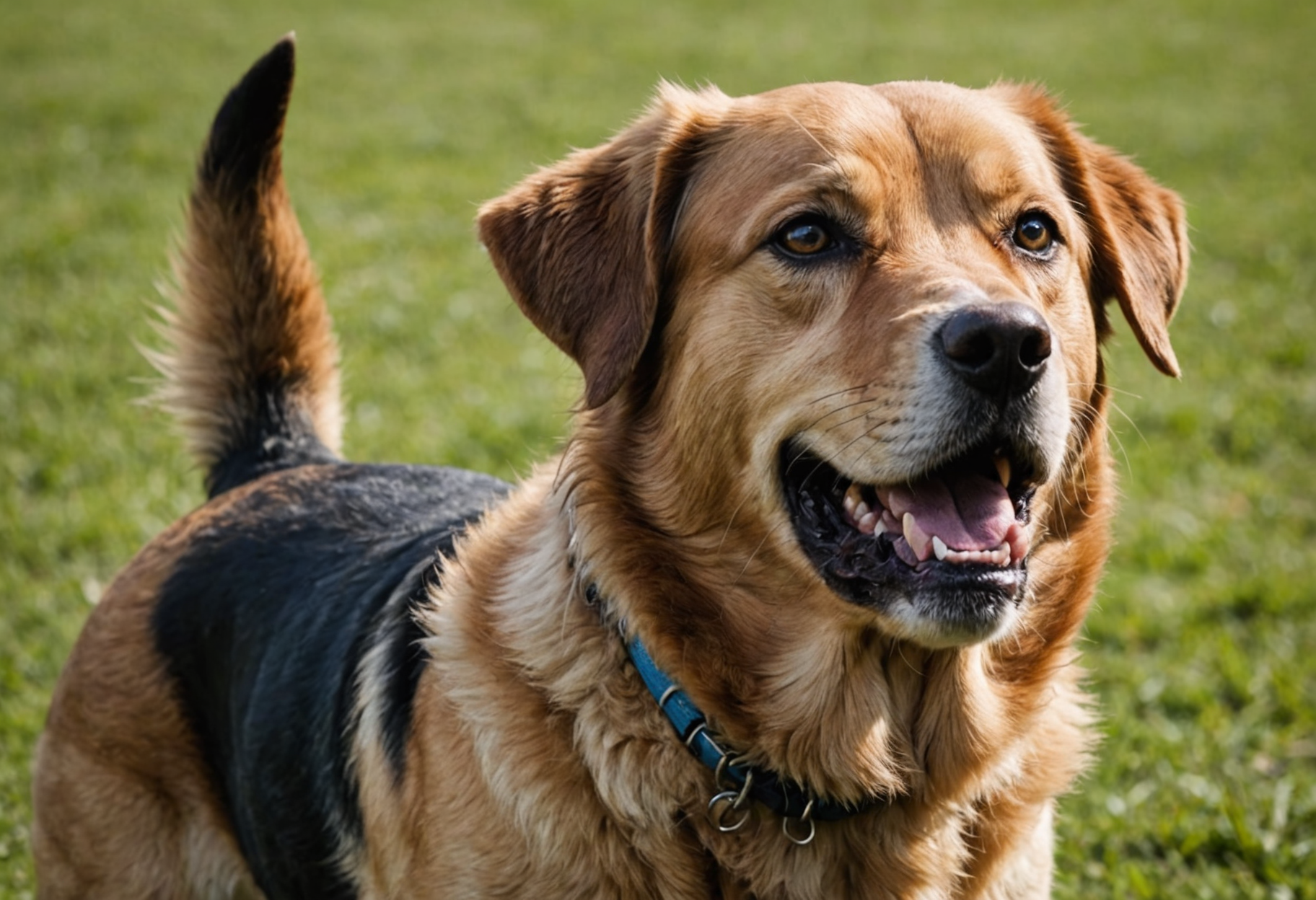
Barking, whining, and growling serve specific communication purposes in dog behavior. Whining may indicate stress or a need for attention, while low growls can serve as a warning. Dogs bark to alert their owners, express excitement, or protect territory. Recognizing the tone and context of vocalizations helps interpret your dog’s emotional state more accurately.
Signs Your Dog May Be Stressed

Stress in dogs often manifests through behaviors like excessive licking, yawning, or pacing. If your dog starts acting out of character—becoming aggressive, withdrawn, or overly clingy—it may be reacting to a stressor such as a change in schedule, moving homes, or unfamiliar visitors. Identifying stress early helps prevent behavior issues and supports your dog’s mental well-being.
Understanding Sudden Behavioral Changes
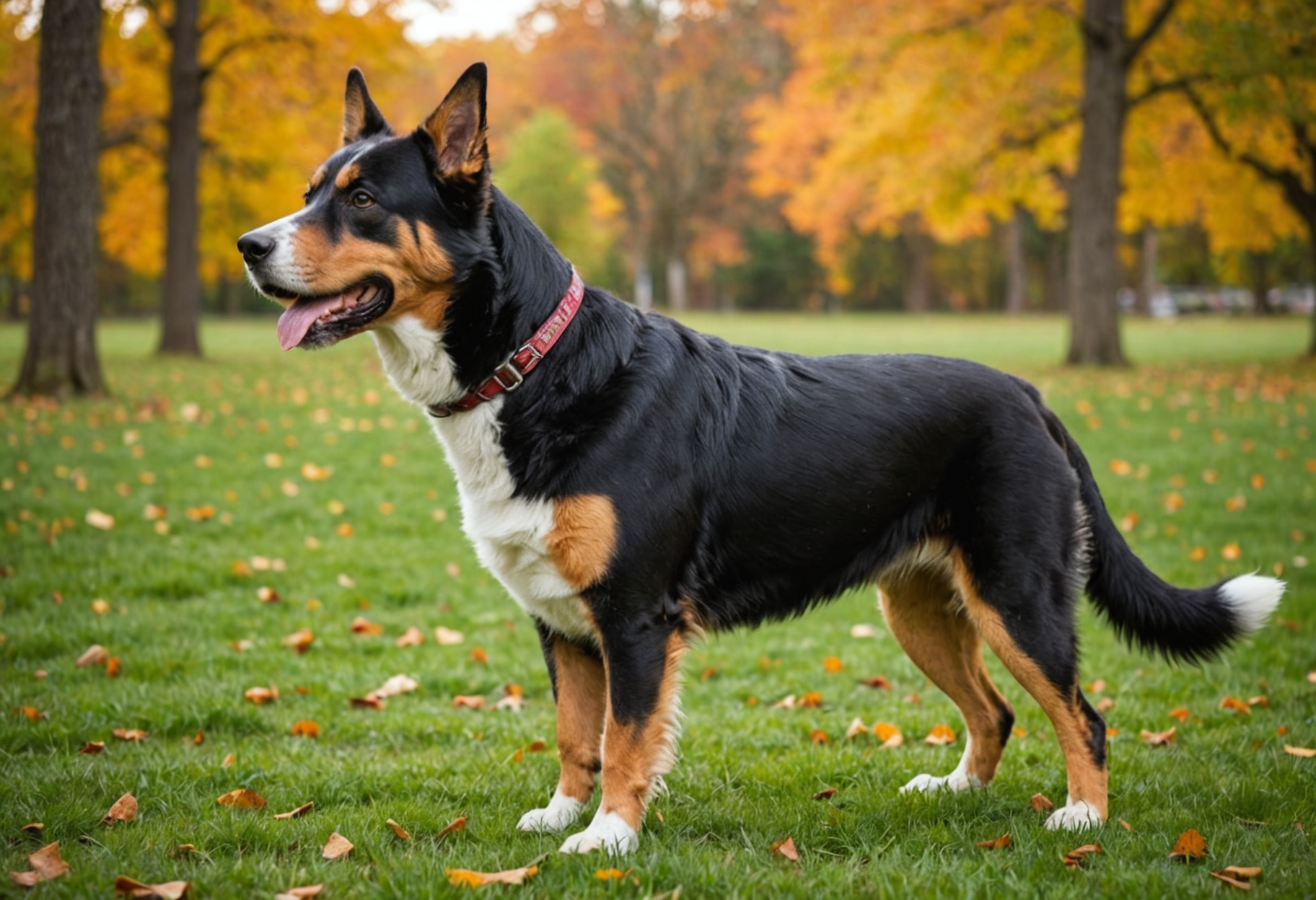
Sudden behavioral changes can be alarming and may signal deeper issues. If your dog becomes unusually quiet or aggressive, observe closely for additional symptoms. Changes in behavior could stem from pain, neurological conditions, or emotional disturbances. Contact a veterinarian if irregular behaviors persist, especially if accompanied by vomiting, diarrhea, or mobility issues.
Bonding Through Understanding
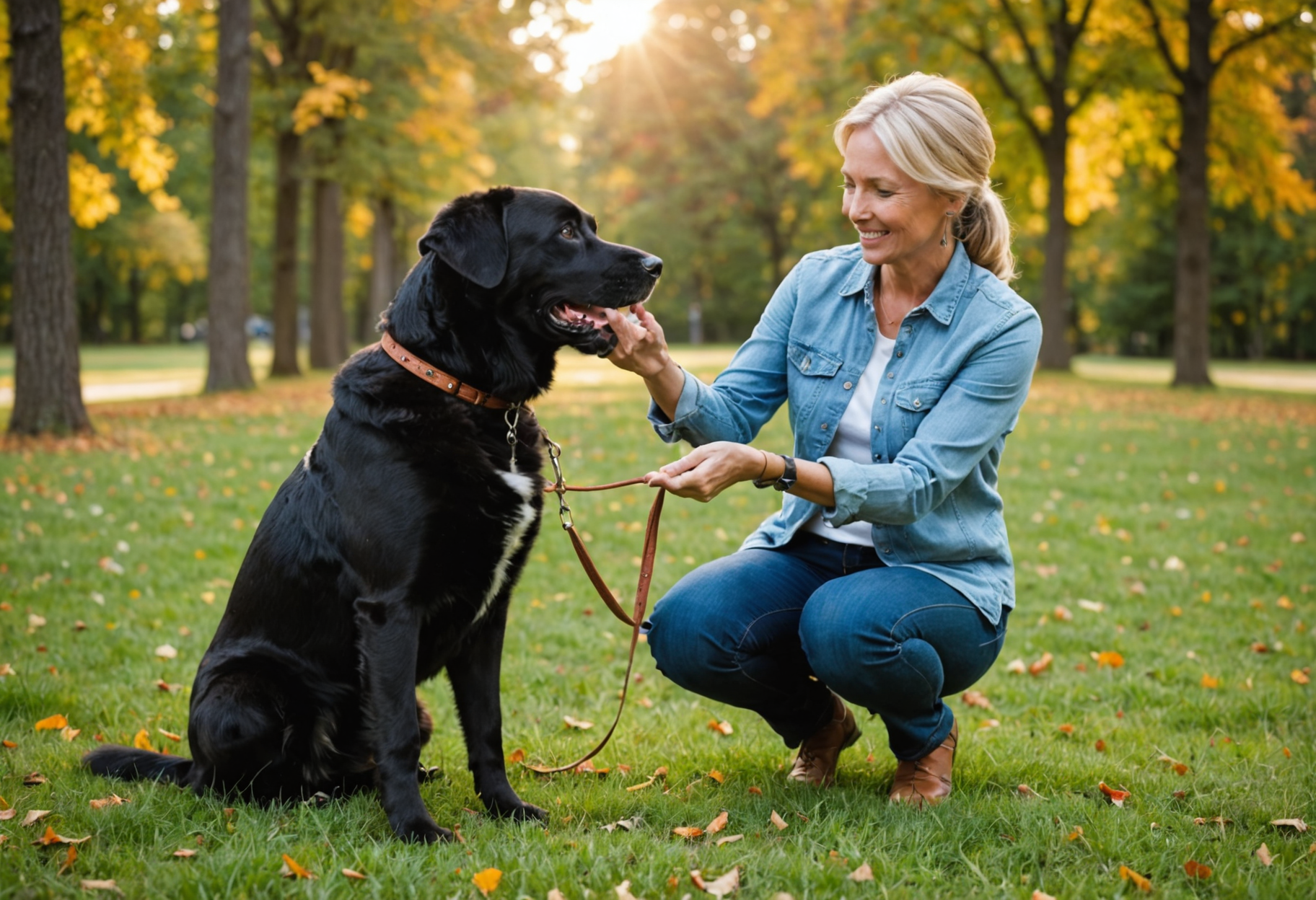
Understanding your dog's behavior builds trust and strengthens your relationship. When you learn to decode the signals—like what it means when a dog licks your hand or yawns—you become better equipped to meet your dog’s physical and emotional needs. Dogs thrive on clear communication and consistency, and your efforts to understand them never go unnoticed.
By learning what it means when a dog licks your hand, yawns, shivers, or acts unusually, you can respond more attentively to your dog’s needs. These behaviors aren’t random but are part of a rich communication system that dogs use to interact with their world. Understanding them enhances your bond and ensures your pup feels safe, loved, and heard. Paying close attention to your dog’s behavior allows for early detection of any issues and promotes a healthier, happier life for your loyal companion.


